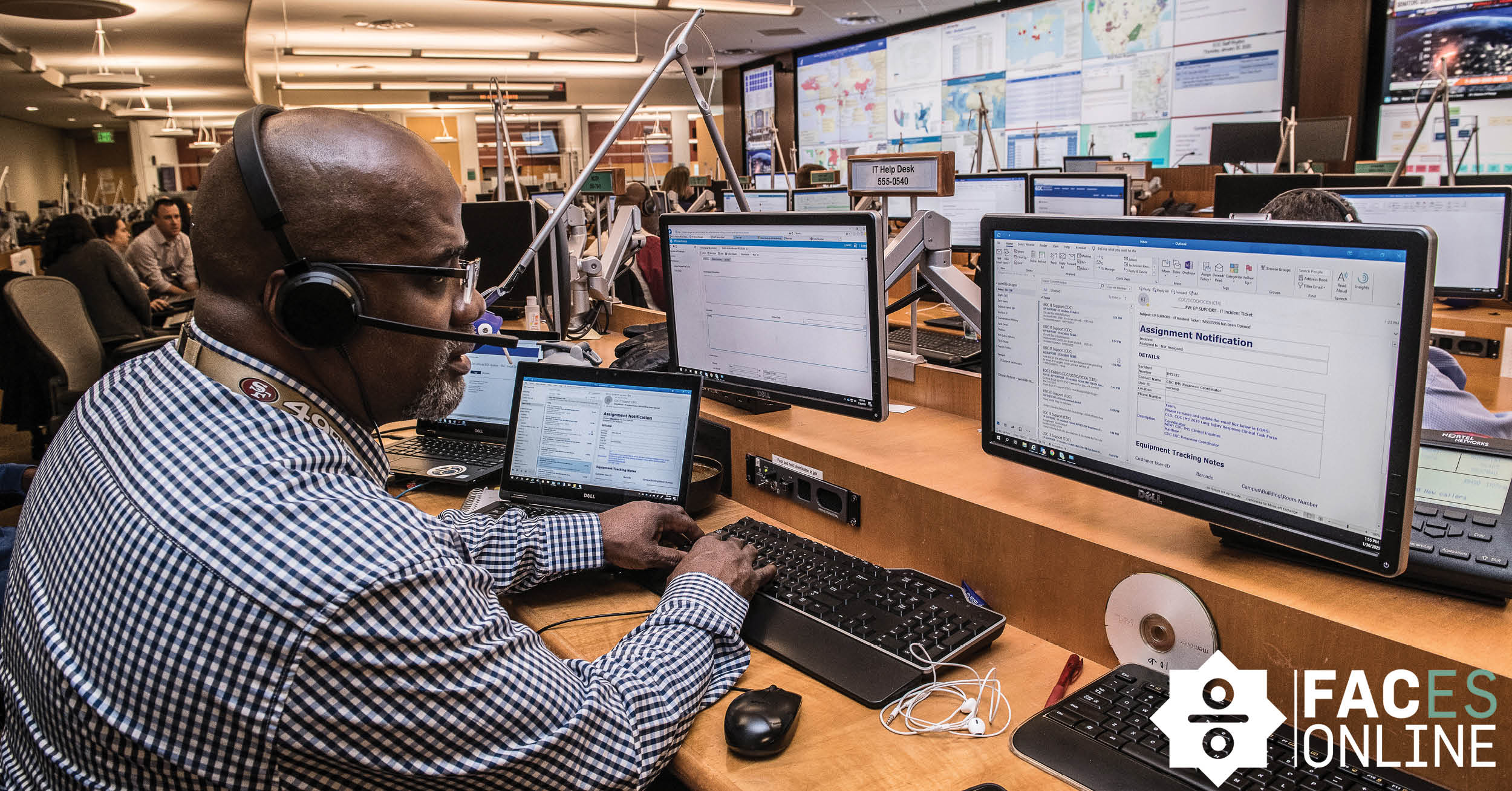In a matter of weeks, artificial intelligence took over the world in a way unseen before. With the launch of ChatGPT by OpenAI in November 2022,

Not just the government, but mainly students themselves should invest more in their student lives. Personal development should be the central point of view. This phase in life offers so much valuable freedom and opportunities, but you are the one that needs to grab them.
Jurgen, a good friend of mine, always says that it is better to regret the things that you have done, instead of the things that you haven’t done. During my student life I have done a lot of things next to studying, and I think that I can say a lot more compared to the average student in Tilburg. As applies to many, I also did this primarily because I wanted to improve my resume. However, soon enough, I found out what made these extracurricular activities so valuable. At the end of each role you have taken or activity you have organized, it is always possible to point out some points at which you have improved and developed yourself, even though you might have not been aware of this at first sight. Looking back now, my board year at study association Asset | Accounting & Finance has been a true turning point in my student life: when I paused my study for a whole year back in 2014, I realized how valuable an active student life can be. It was a true eye-opener and it made me see the true importance: developing yourself.
If you sum up all the things that you have realized together with your fellow board- and active members at the end of this year, you immediately see all the things that you have learned. You have improved your soft skills, learned to (build a) network, and how to deal with big responsibilities. Beforehand it is almost impossible to indicate how many stakeholders from the University, in business, and among (old) members are related with associations like these. One of my key responsibilities as External Affairs was generating enough revenue from the business contacts. If you fail to do so, some serious liquidity concerns will pop up soon enough (to remain within the accounting & finance domain). Of course, besides all the work, I have also enjoyed this year very much, still making this one of the best decisions in my life so far.
Afterwards I did an internship at KPMG Advisory in Amstelveen and finished my bachelor. This internship is another activity that I would do over again every time. I thought that I had developed my professional skills in a big way during all activities at my study association, however I found out soon enough that working at companies like KPMG truly contributes towards a professional way of working. You get used to a more structured working standard and acquire a lot of relevant knowledge on certain disciplines very quickly. Internships like these are ideal when it comes to getting a better view on the potential jobs that you will start after your studies. Next to this, it gives you a valuable lead in working experience compared to your fellow students.
“It seems that graduating from your masters is not enough”
It differs per function and company for which you want to apply what kind of experiences are desired. Still, I think that almost everyone will be familiar with the general ‘checklist’ of recruiters: Foreign experiences, committee experiences, a special part-time job, a board year, or some students even manage to found and run their own company next to their study. Besides this it is also possible to distinguish yourself within your study program, by for instance following an additional honors program, or through an exchange program or summer course. Lastly, a way to show your qualities is obtaining high grades. However, this last thing is something that always raises a question with me: Even though many obtain these high grades in the highest form of education (a University degree) possible in the Netherlands, why do so many companies value an intelligence capacity test in their recruitment process so much? It seems that graduating from your masters –even with very high grades– is not enough to show your intelligence. All this is something that has been interesting me for a very long time already, which is why I like to see how different choices among my student friends and network turn out in their job searches. I would not dare to say that there is a true one-on-one-relationship between an extensively built-up resume and a successful application. Perhaps it would be even better to specifically train at job interviews, instead of ‘wasting time’ on improving your resume. It always comes down to that one or the couple of interview(s) between you and your desired firm, where will be decided whether you are hired or not. Your resume is just your way into the interviewing room.
Taking into account the government, I think that they should play a (bigger) role in this as well. ‘Prinsjesdag 2016’ showed that the Netherlands survived the financial crisis in a good state, and that there is more room to invest our government’s funds. Within a knowledge economy like the one we have in the Netherlands –and with high quality education as one of its main components– I would suggest that the ‘basisbeurs’ (student government grant) would be restored as soon as possible. A while ago I heard in the news that students already live longer at their parents’ place, instead of moving out, due to the reduction in personal study grants. At short term, it is unlikely that the effects of this will be visible at for instance the labor market supply, however I fear that in the long run the results will be less favorable. That is why I believe that now is the time to anticipate. Many international students that I have met here in Tilburg speak laudatory about the active ‘climate’ for students here in the Netherlands. I think we should cherish this and keep this as one of the most important pillars in our student environments. Dutch universities should become leaders as it comes down to the encouragement of active students and corresponding ecosystems.
On the contrary, I don’t think that education is unimportant. Achieving a diploma is required for almost every job application. Nonetheless, it agitates to me that for example more than half of my bachelor courses updated the required literature almost every year. Apparently, the material that has to be studied becomes outdated in a rapid pace, making it less or irrelevant in today’s quickly changing society. Working experience however has a much longer ‘shelf life’ in my opinion. A lot of studies have already addressed the swift in working standards that my generation will phase: permanent contracts seem to become something of the past, and the majority will have to switch between functions or companies every five years maximum. A broader background and development seems very important to me, allowing a much easier entrance in the labor market.
“There are plenty of opportunities, as long as you’re willing to grab them”
If I have to give some advice to (future) students, it would be to see your personal development as the highest goal in your student life, instead of graduating as fast as possible. “The early bird gets the worm”, a terrible cliché but a truth. I see my student life as the period in which I laid the foundation for the start of my career and the time where I enjoyed all possibilities and freedom that were offered to me. It gave me the chance to teach English and mathematics in Zanzibar, an unique experience that I can highly recommend to everyone, although only a few amount will be able and willing to make time for this in modern society. My favorite student Jovin (hiding under my left arm at the picture) wanted to come to Europe to study one day, only he already knew that it would be almost impossible for him to realize this. I consider myself very lucky to be born in the Netherlands, having all these opportunities for granted. Although extracurricular activities may ask for a big investment in terms of time and money, the eventual return will completely satisfy the effort. Therefore, start today rather than tomorrow and find a decent challenge that attracts you. There are plenty of opportunities, as long as you are willing to grab them. I am aware of the amount of advices that students receive nowadays, but I would like to end with some words of T.S. Elliot as final remark: “It is the journey, not the destination that matters”.






















